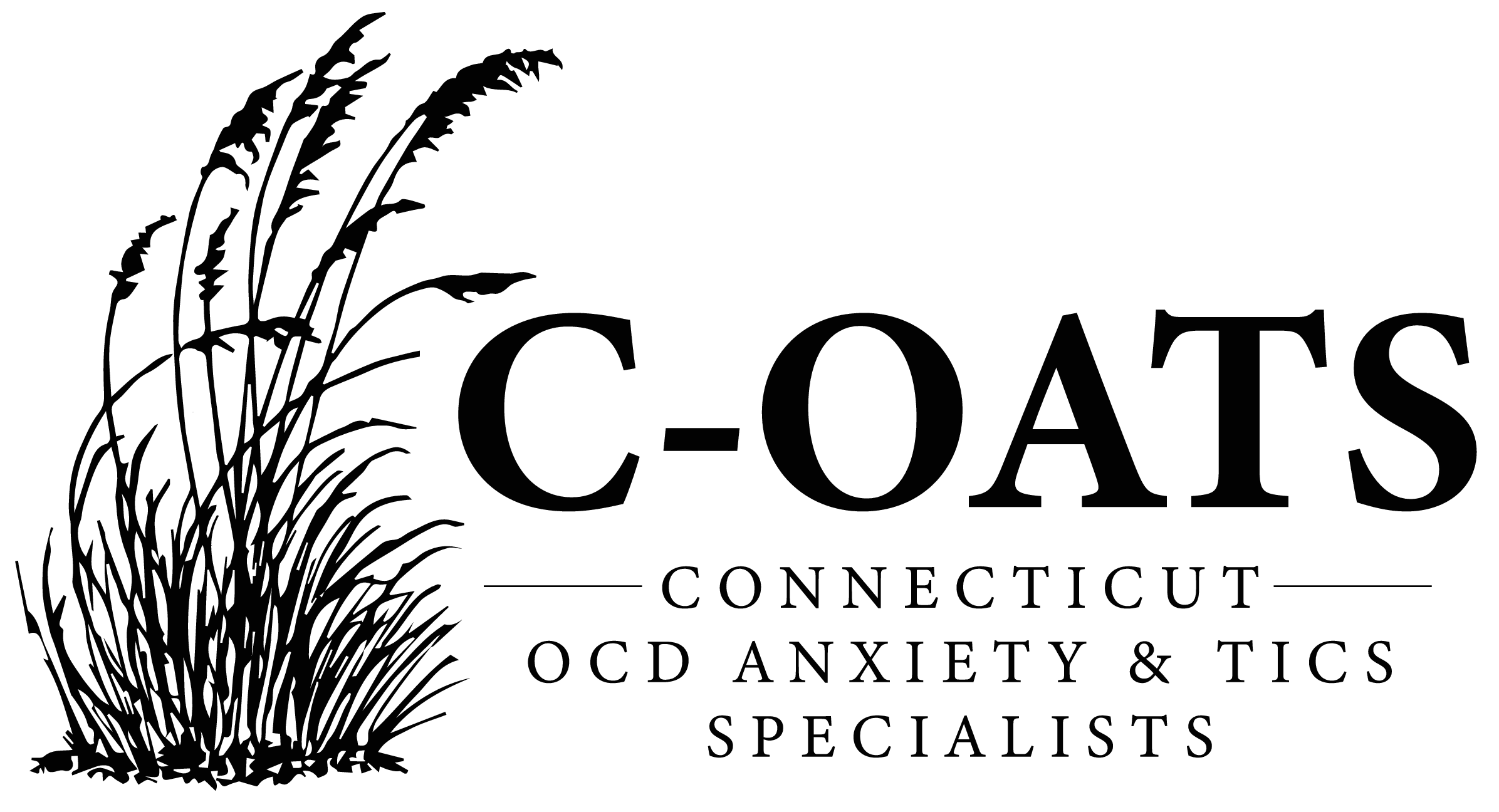Recognizing Tics in Your Child
Tics are unexpected, swift, and involuntary movements or sounds that your child might make. They can take the form of motor tics, such as repetitive blinking, shoulder shrugging, or sudden head jerking. Alternatively, they can manifest as vocal tics, which could involve sounds like humming, grunting, or coughing. Tics can be straightforward or simple, involving a single or limited group of muscles, or they can be complex, involving a series of coordinated movements across multiple muscle groups.
Recognizing tics in your child is the first step towards understanding their experiences better and finding ways to manage these symptoms. It’s important to note that tics might not always be obvious, and children might not always be aware that they are displaying these behaviors.
Understanding the Nature of Tics
Understanding the nature of tics is a critical part of managing them effectively. Tics can range considerably in terms of their frequency and severity, often becoming more noticeable during periods of stress, excitement, or fatigue. They are generally involuntary, which means that your child likely has little to no control over them, and they might not even be conscious of their tics at times.
However, it’s also important to remember that tics typically wax and wane, which means they come and go over time. You might notice that your child’s tics change or evolve, and they might even disappear for a period, only to return later.
Open Communication: Talking to Your Child about Tics
Maintaining an open line of communication with your child about their tics is key. Let your child know that you understand that their tics are involuntary. Assure them that they’re not alone and that you’re there to support them. Encourage your child to express their feelings and concerns about their tics, and reassure them that it’s okay to talk about them.
Discussing tics openly can help to remove any associated stigma and can help your child to feel more comfortable in sharing their experiences. It can also help you to better understand how your child’s tics impact them, which can be useful in developing effective management strategies.
Seeking Professional Help for Tics
If your child’s tics are causing them distress, interfering with their daily activities, or if they’re persistent (lasting for more than a year), it may be time to seek professional help. Healthcare professionals such as neurologists, psychiatrists, or psychologists can provide a diagnosis, help you understand what to expect in terms of the progression of tics, and discuss potential treatment options.
Early intervention can be beneficial in managing tics and can help to alleviate any associated distress or functional impairment. Remember that it’s okay to ask for help, and seeking professional advice can be a crucial step towards managing your child’s tics effectively.
Exploring Treatment Approaches for Tics
Treatment for tics can vary widely depending on their severity and impact on your child’s quality of life. In some cases, treatment might not be necessary, particularly if the tics are mild and not distressing to your child.
However, when tics are more severe and cause distress, various treatment approaches may be beneficial. Cognitive Behavioral Therapy (CBT), for example, can be effective in managing tics. One specific CBT technique, known as Habit Reversal Training (HRT), involves increasing awareness of tics, developing competing responses to disrupt the tic process, and making changes to the environment to reduce tic triggers.
In some cases, medication may be recommended to help manage tics. Medications can help to reduce the frequency and severity of tics, but they come with potential side effects that should be discussed thoroughly with a healthcare professional.
Tics are often not standalone conditions. They frequently co-occur with other conditions such as Attention Deficit Hyperactivity Disorder (ADHD), Obsessive Compulsive Disorder (OCD), and anxiety disorders. If your child is experiencing symptoms of these conditions in addition to tics, it’s crucial to address these in their overall treatment plan. A holistic approach to your child’s mental health can ensure that they receive the most comprehensive and effective care.
Coping Strategies for Parents
Managing your child’s tics can be a demanding task and can take a toll on your own mental health. Remember that it’s important to take care of yourself as well. Seek support when you need it – whether from mental health professionals, family, friends, or support groups. Connecting with other parents who are dealing with similar challenges can be a valuable source of comfort and advice. Remember, you’re not alone in this journey.
Fostering a Supportive Environment at Home
One of the most important steps you can take in managing your child’s tics is to create a positive, understanding, and supportive environment at home. Foster their self-esteem by focusing on their strengths and achievements, and promote a sense of normalcy. Ensure that your child understands that they are more than their tics.
Additionally, educate family members and friends about tics to cultivate a broader support network for your child. The more those around your child understand about tics, the more supportive and accommodating they can be.
Conclusion: The Path Forward
While managing tics in your child can undoubtedly be challenging, remember that you are not alone. There are numerous resources, professionals, and support networks that can provide help and guidance. With understanding, patience, and the right strategies, you can help your child navigate their tics effectively.
Finally, it’s crucial to remember that tics do not define your child. They are a part of their experience, but they do not encompass all of who they are. Your love, understanding, and support can make a world of difference in your child’s journey with tics.




Comments
0 Comments